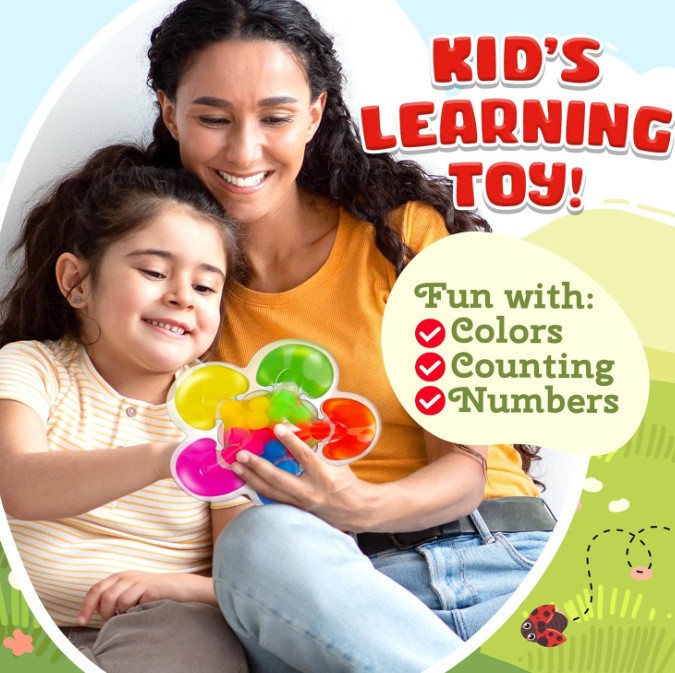
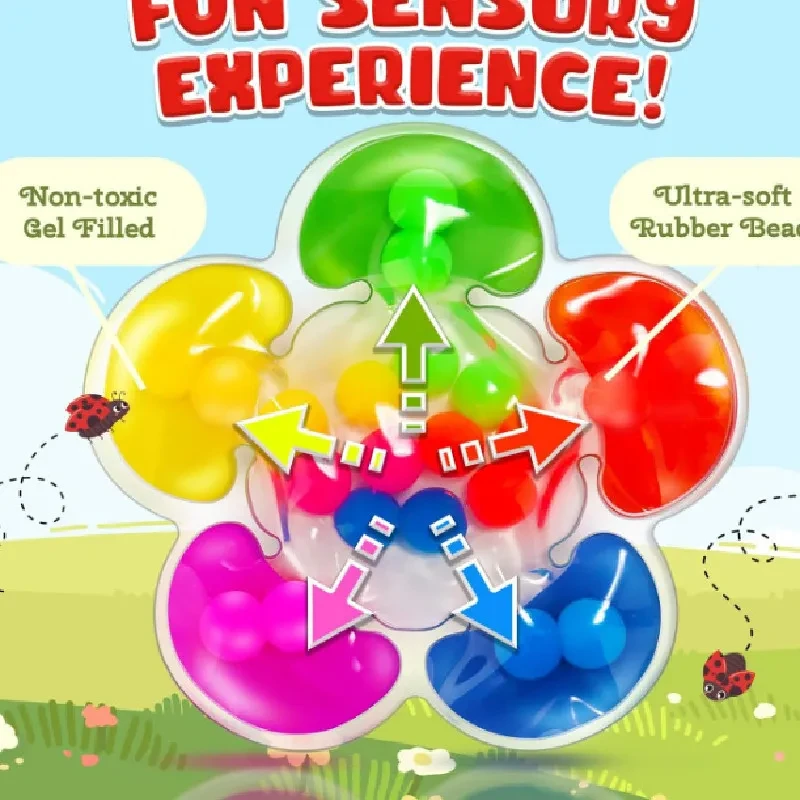
Sensory toys
MaterialPlasticProduct AttributesLiquid ContainsPackage Size150*150*30(mm)
Product information:
Toy material: Plastic
Applicable people: no limit, girls, boys
Ability Training: hands-on brain
Packing list:
1* Toy
Product Image:
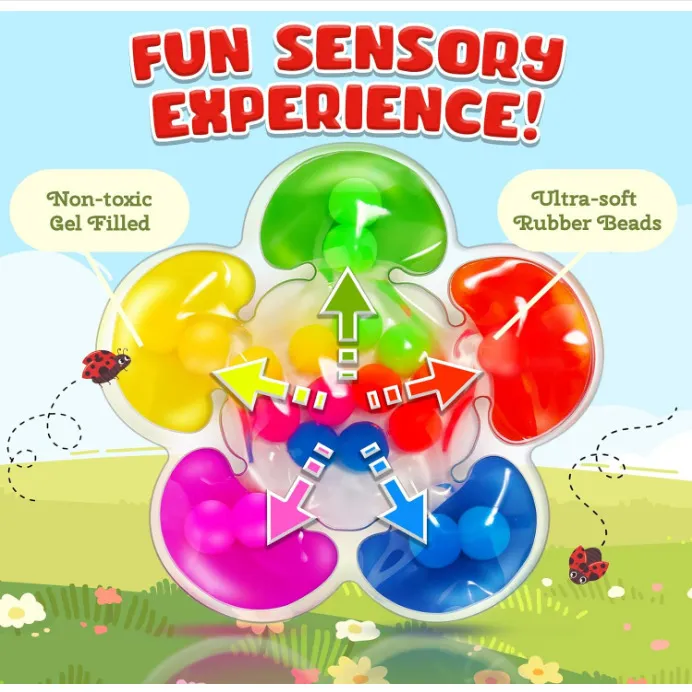
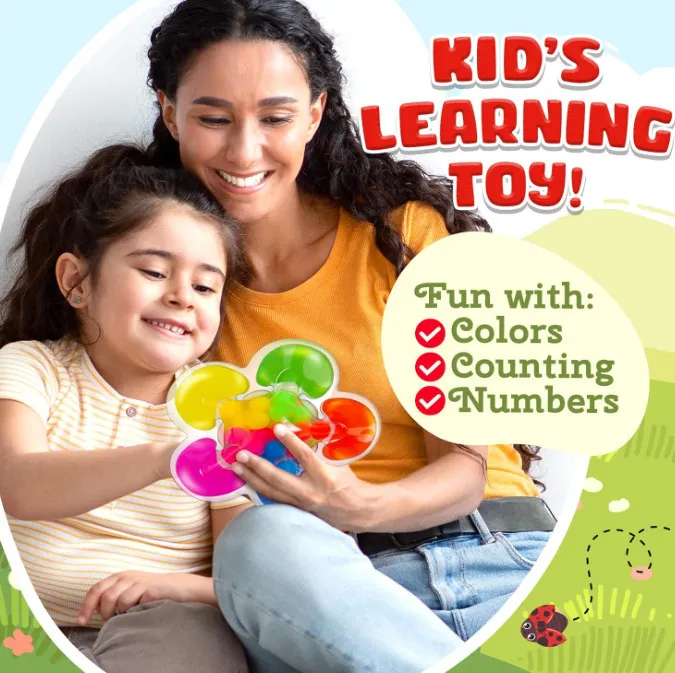
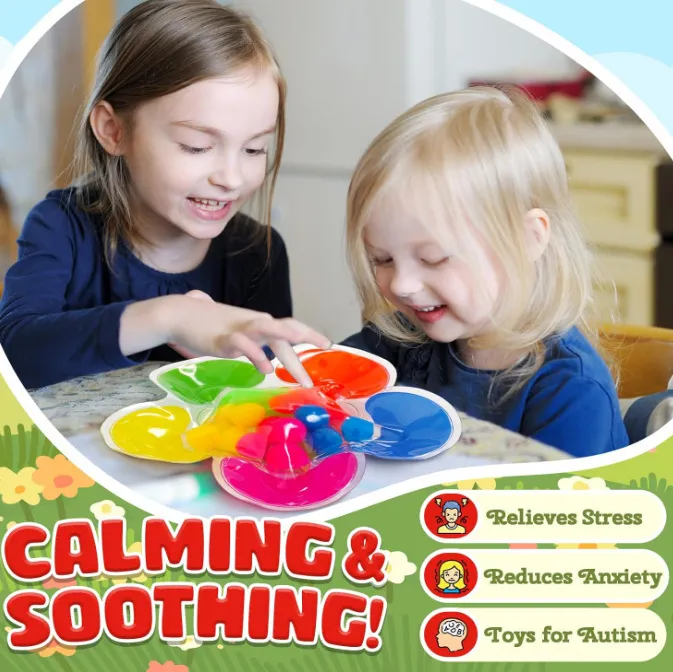
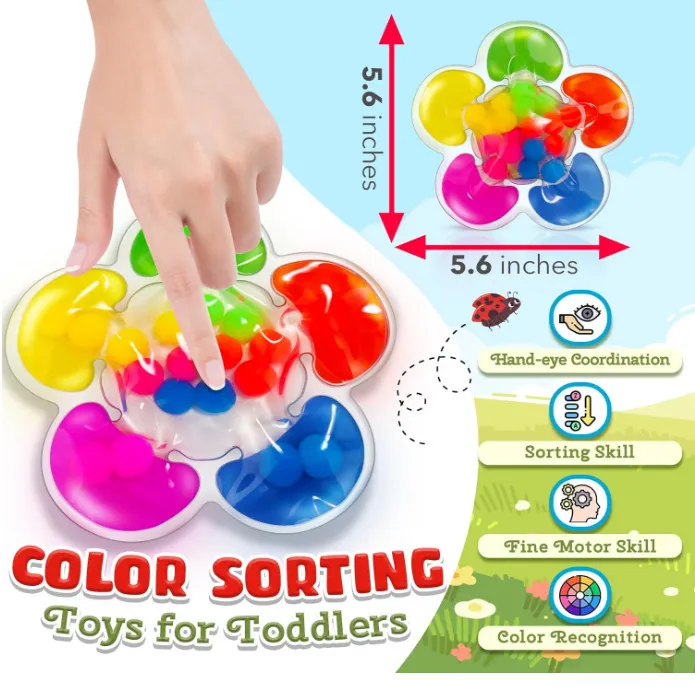
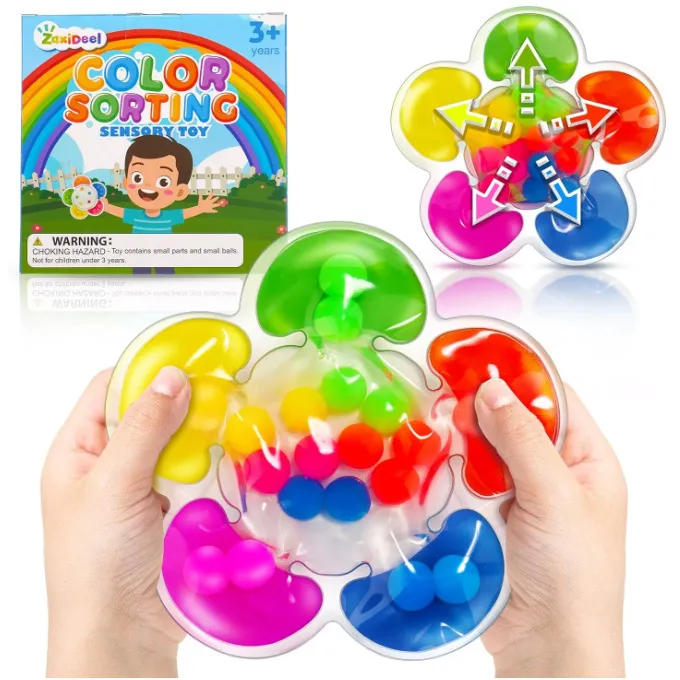
Sensory Toys
Product Description
Sensory toys are designed to engage and stimulate a child's senses, including sight, touch, hearing, and even taste and smell. These toys are specifically created to provide sensory input that helps children explore their environment, enhance their sensory processing skills, and develop important motor skills. Whether used in a home setting, in schools, or therapeutic environments, sensory toys play a vital role in early childhood development and can be particularly beneficial for children with sensory processing issues, autism, or developmental delays.
From soft, textured surfaces to toys with sound or light effects, sensory toys come in a wide variety of shapes, sizes, and designs, each catering to different sensory needs and preferences. These toys are not just for play—they’re educational tools that promote creativity, focus, and emotional regulation, providing a fun and effective way for children to explore and understand the world around them.
Key Features
1. Variety of Sensory Inputs
-
Sensory toys provide stimulation across multiple senses, including touch, sight, sound, and sometimes smell and taste. They may feature
textures, colors, sounds, or motions that captivate a child's attention and offer unique tactile, auditory, or visual experiences.
2. Textured Surfaces
-
Many sensory toys feature different textures—smooth, bumpy, soft, or rough—to engage the sense of touch. Textured toys like squishy balls,
sensory mats, and tactile objects help develop fine motor skills and improve sensory processing by encouraging exploration through touch.
3. Auditory Stimulation
-
Toys that make sound, like squeaky toys, rattles, and musical instruments, provide auditory input that helps children improve listening
skills and auditory processing. Sounds can range from simple clicks and rattles to more complex melodies and tones.
4. Visual Appeal
-
Sensory toys are often designed with vibrant colors, flashing lights, or moving parts to engage a child’s sense of sight. These features can
help children develop visual tracking, attention, and focus. Toys with light-up components or color-changing features provide dynamic visual
stimulation.
5. Encourages Fine and Gross Motor Skills
-
Many sensory toys are interactive and require the child to manipulate, press, twist, or stretch them. This action helps improve hand-eye
coordination, strength, dexterity, and spatial awareness. Toys like building blocks, stacking toys, and squeeze balls can also encourage the
development of fine motor skills.
6. Soothing and Calming Effects
-
Some sensory toys are designed to have a calming effect, helping children regulate their emotions. Items like weighted blankets, sensory
fidget toys, and smooth-textured toys can help children with anxiety or sensory overload feel more grounded and focused.
7. Promotes Imagination and Creativity
-
Sensory toys encourage imaginative play by providing varied tactile experiences that children can incorporate into pretend play. From soft
plush toys to squishy figures, these toys give children the freedom to explore different roles and narratives in a sensory-rich environment.
8. Support for Children with Sensory Processing Issues
-
Sensory toys are particularly beneficial for children with sensory processing disorders, autism spectrum disorders, ADHD, or other
developmental challenges. They help children navigate overwhelming sensory input by offering controlled, comforting sensory experiences.
9. Multi-Functional Design
-
Many sensory toys are multi-functional, serving more than one purpose. For example, a toy might offer tactile stimulation, provide auditory
feedback, and have visual appeal all in one. This makes them highly engaging and suitable for extended play.
10. Durable and Safe Materials
-
Sensory toys are made from high-quality, non-toxic, and durable materials that ensure they can withstand daily use and are safe for
children. They are often designed with rounded edges or soft materials to ensure safety during play.
Benefits
1. Enhances Sensory Development
-
Sensory toys help children develop their sensory processing skills by encouraging them to engage with various sensory inputs. This
development supports the brain's ability to integrate sensory information, improving overall cognition and awareness.
2. Improves Focus and Attention
-
The engaging nature of sensory toys helps children concentrate and focus on the task at hand. By providing soothing or stimulating sensory
input, these toys help improve attention span and reduce distractions, which is especially beneficial for children with ADHD.
3. Boosts Emotional Regulation
-
Sensory toys can help children calm down and regulate their emotions, offering a way for children to self-soothe when feeling anxious,
overstimulated, or upset. Toys like fidget spinners, stress balls, and weighted sensory items promote a sense of comfort and security.
4. Fosters Independent Play
-
Sensory toys encourage independent play, allowing children to explore and interact with their environment on their own terms. As children
engage with these toys, they develop self-sufficiency and confidence in their abilities.
5. Supports Social Skills
-
When used in group play, sensory toys encourage social interaction and cooperative play. Children learn how to share, take turns, and work
together, fostering the development of social skills and emotional intelligence.
6. Encourages Fine and Gross Motor Skill Development
-
Sensory toys engage a wide range of motor skills, from fine motor activities like squeezing and twisting to gross motor activities like
jumping or crawling to reach a toy. This helps children improve their physical abilities and body coordination.
7. Promotes Cognitive Growth
-
Sensory toys often involve problem-solving, pattern recognition, and exploration. By interacting with these toys, children strengthen their
cognitive abilities and learn through active engagement with different sensory stimuli.
8. Provides Calming Effects for Stress Relief
-
Sensory toys that provide calming input, such as weighted items or smooth-textured fidget tools, can help children manage stress and
anxiety. They are particularly beneficial for children who experience sensory overload or meltdowns.
9. Encourages Communication and Language Development
-
Interactive sensory toys, such as toys with sounds or lights, can encourage communication and language development. Children may start to
vocalize, make sounds, or describe their experiences, boosting their language and communication skills.
10. Supports Developmental Milestones
-
Sensory toys are an essential tool for encouraging age-appropriate developmental milestones. By offering a variety of sensory inputs, these
toys support cognitive, motor, and emotional development in children of all ages.
Why Choose Sensory Toys?
Sensory toys offer more than just fun—they are an essential tool for stimulating a child’s development and promoting emotional, social, and cognitive growth. Here’s why they’re an ideal choice for every child:
- Versatile Learning Tool: Sensory toys engage multiple senses and provide valuable developmental benefits.
-
Soothing and Calming: Many sensory toys help children relax and regulate their emotions, offering stress relief and
comfort.
-
Encourages Exploration: They encourage curiosity, creativity, and imagination, allowing children to explore their
environment in a safe and controlled manner.
-
Perfect for Special Needs: Sensory toys are particularly helpful for children with autism, ADHD, and sensory processing
disorders, providing targeted support for their sensory needs.
-
Engaging and Fun: Sensory toys are designed to be fun and engaging, keeping children entertained while helping them learn
and grow.
Conclusion
Sensory toys are a valuable resource for supporting the growth and development of children. They offer a fun, engaging way to stimulate the senses, improve motor skills, regulate emotions, and promote learning. With their wide range of styles, from tactile toys to interactive, auditory experiences, sensory toys help children develop important cognitive and emotional skills that will benefit them for years to come.
The product may be provided by a different brand of comparable quality.
The actual product may vary slightly from the image shown.
Shop amazing plants at The Node – a top destination for plant lovers

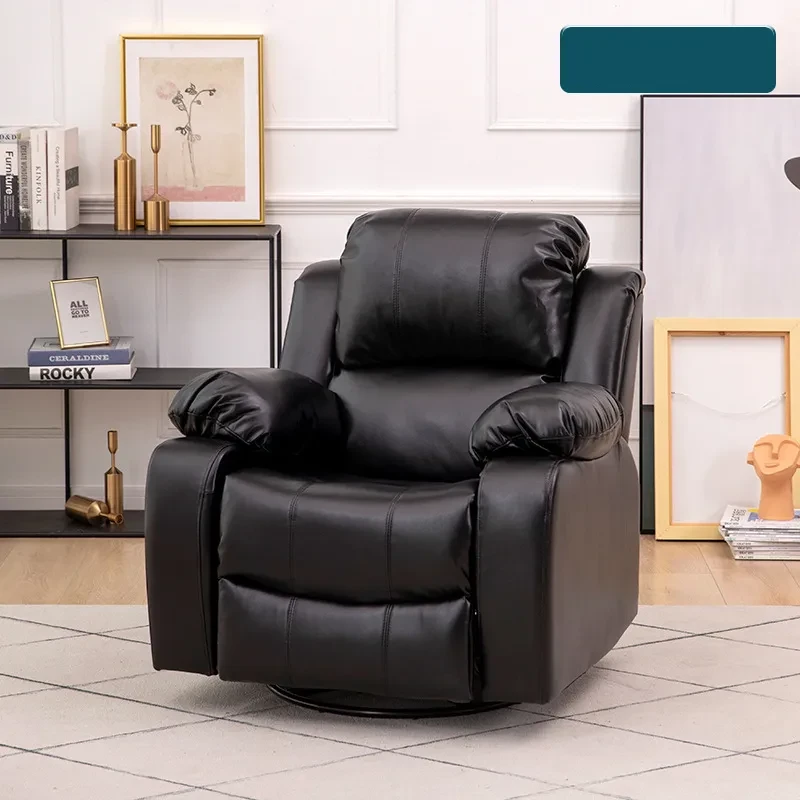
.png)









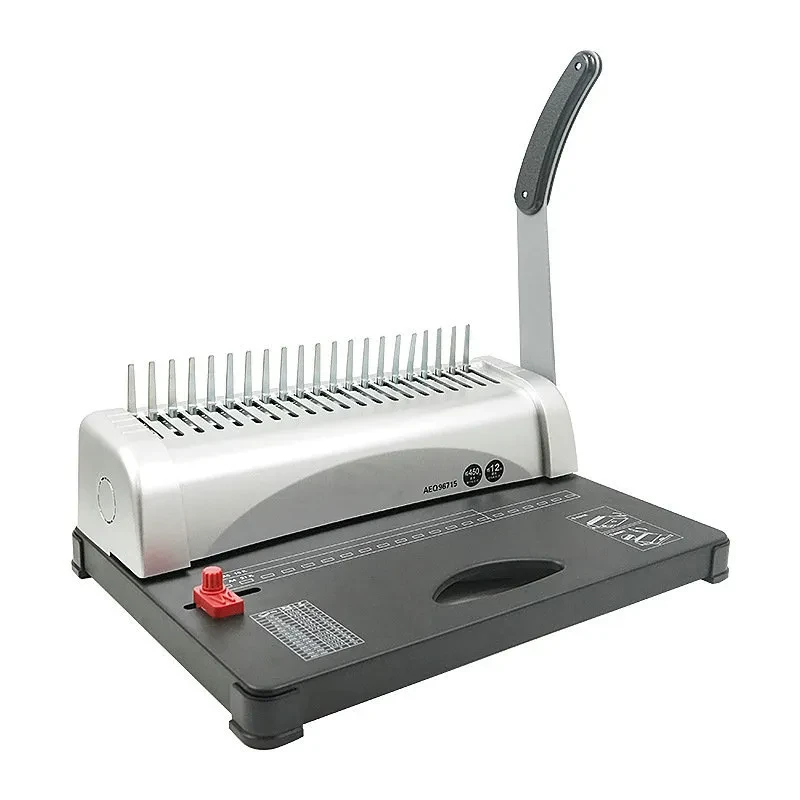


.jpg)









.jpg)





.jpeg)





.jpeg)



.jpeg)








.jpeg)



.jpeg)

.jpeg)

.jpeg)

.jpeg)




.jpeg)
.jpg)

.jpeg)






.jpeg)
.jpeg)




.jpeg)





.jpeg)


.jpeg)

.jpeg)

.jpeg)

.jpeg)







.jpeg)
.jpeg)
.jpeg)





.jpeg)



.jpeg)






.jpg)
.jpeg)









.jpg)


ulva-Logo.jpg)




.jpeg)



.png)















.png)
























